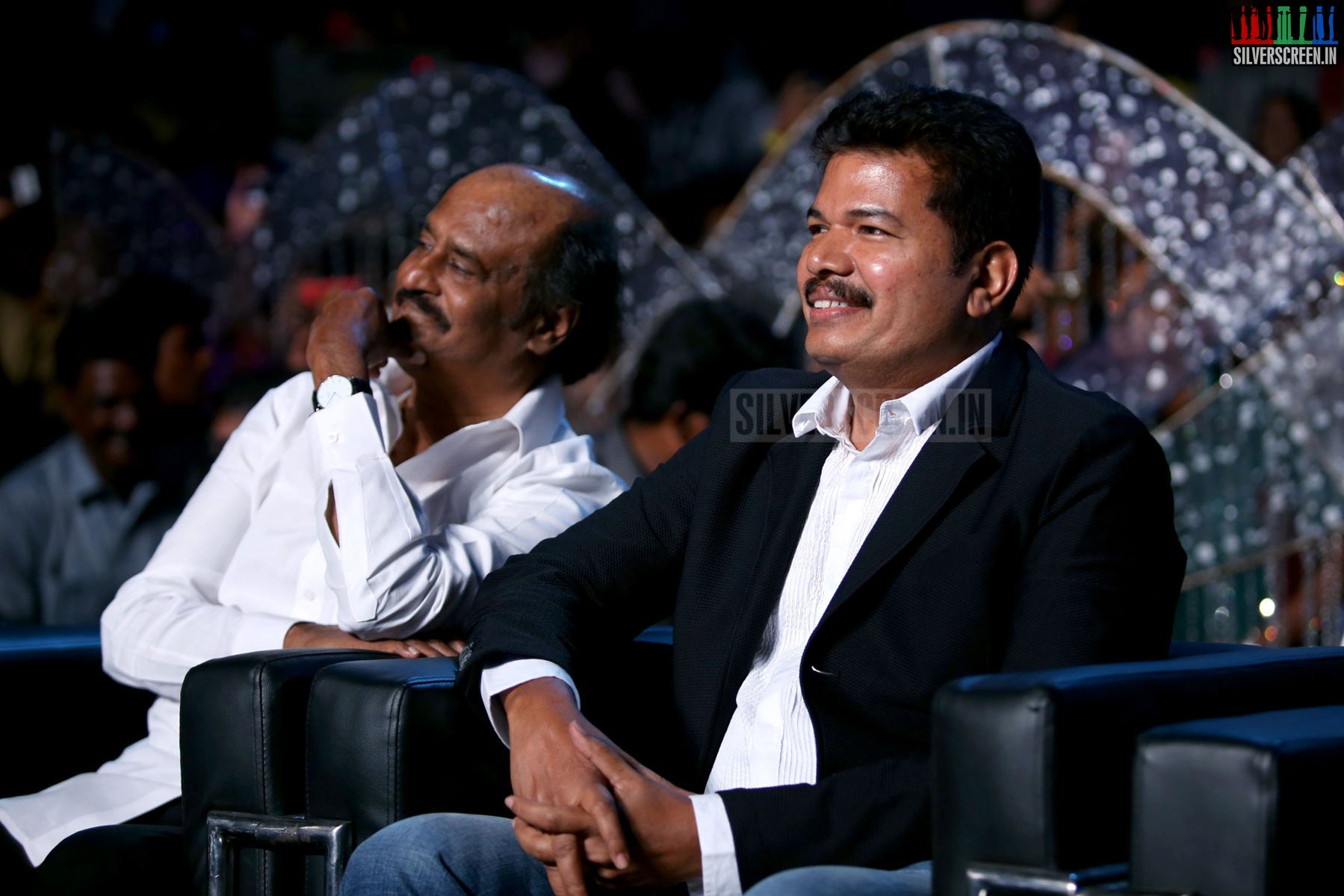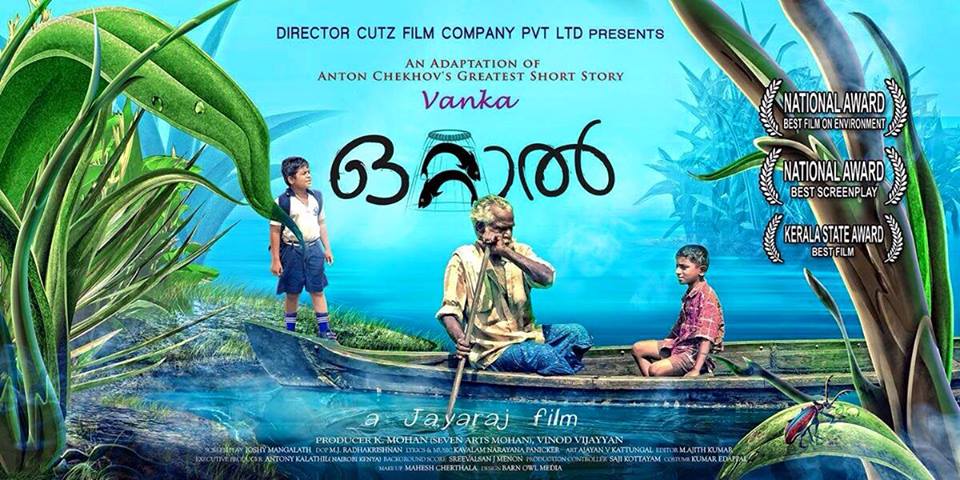Sanjay Leela Bhansali’s Bajirao Mastani begins with long disclaimers. About the research that has gone into the film. The historians who have been consulted. And how it’s a dramatized version of history, to suit celluloid. Disclaimers might sound unnecessary for a commercial movie, but Bajirao Mastani had to make them. The film has released in the midst of a series of accusations.
*****
The first scene of Bajirao Mastani is set in Chatrapathi Shahu’s long Court room. His Ministers are debating over who should succeed the late Prime Minister. One expects a Machiavellian, ambitious minister to walk in any minute, and connive his way to the position of power. Instead, enter a 20-something Bajirao (Ranveer Singh). Clean shaven, broad framed, kohl-laden eyes. He takes long strides towards the king, and announces his candidature. Then looks at the king with piercing eyes, and says, “Cheete ki chaal, Baaz ki nazar aur Bajirao ki talwar pe sandeh nahi karte” (The gait of the cheetah, the gaze of a hawk, and the sword of Bajirao; these are things one doesn’t doubt). Thus begins his journey as the Peshwa. And thus begins the story of his legendary conquests.
Bajirao falls in love with Mastani (Deepika Padukone), a beautiful Rajput warrior princess who is half Muslim. This is already cause for conflict, but what’s worse is that Bajirao is already married, to Kashi (Priyanka Chopra). Facing opposition to his love from all fronts, this tale of the legendary Peshwa shows how Bajirao juggles family, love, politics, and ideologies.
*****
Saying that Bhansali’s films are grand is as obvious a statement as calling water wet. A testament to that opulence is this song, where a tall and slender Mastani twirls her glittering outfit and plays the banjo in a hall, with walls adorned with mirrors. Her powerful eyes, even more than her melodious voice, sing her defiant love for the Peshwa. The Pershwa’s wife looks on, with concern and glimmerings of fear.
A recent internet meme described Sanjay Leela Bhansali’s way of making films thus: he calls for set designs, selects and erects the most outlandish set, figures the era and geography of the set. Then writes a story. That’s how much this filmmaker is obsessed with his otherworldly sets. In all his films, the sets are a part of the cast, arguably the most important ones. Clearly, a lot of research has gone into minute details, from the design of thrones to the diyas that adorn the walls of Kashhi Bai’s room.
*****
Bajirao Mastani could have been as a love triangle, similar to Bhansali’s previous films, like Kuch Kuch Hota Hai. There’s love, pain, anger, unattainable love, melodrama, self-pity. But those films are like candyfloss compared to the poetic elegance of Bajirao Mastani. The performances by the actors, who poignantly act with their eyes, completely elevates the film.
Deepika Padukone is aptly cast as the fierce warrior princess who also dances like a dream. In an interview with CNN-IBN, Ranveer Singh and Deepika Padukone describe Sanjay Leela Bhansali’s first meeting with the actress. Deepika says her eyes looked ‘glazed’ because she was ill at the time. Bhansali’s artistic vision, however, was riveted. He later described Deepika Padukone to Ranveer Singh thus: ‘her head perched on this slender neck, and this glaze in her eyes’. That ethereal ‘glaze’ is present in Ram Leela and, delightfully enough, it’s present in this film as well. Much of the powerful performances came through the actors’ eyes. In a number of close-up scenes, Deepika Padukone’s eyes do all the dramatic work, in terms of emoting love, pain, or longing.
*****
Ranveer Singh’s first two films had been arguably annoying. His roles as a brash, flamboyant youngster combined with his over the top public appearances did little to change fans perception of him. But all this turned upside down with Lootera. As the soft-spoken, introverted thief, his acting showcased a strikingly different side to him, from his previous performances and his off-screen image. Ever since, he has been growing leaps and bounds, and Bajirao Mastani arguably sets him apart as the best talent Bollywood has had in the past few years.
Singh owns the character by surrendering to it. His Marathi-accented dialogues are delivered powerfully. His kohl-lined eyes (more kohl than Deepika wears) convey a varied range of emotions. From anger when he sees his enemies, to love when with Mastani, and best of all, to love laced with guilt and pleading forgiveness, when he is with Kashibai. He displays absolute heroism in the war sequences. He puts on a brave face when he’s attacked from all sides by his own family.
*****
And while her character is absent in the title, the film belongs just as much to Priyanka Chopra. As the timid wife who has lived her entire life in the shadow of the Peshwa, Kashi Bai battles two sides of herself. One has unconditional love towards her husband. The other despises him for taking another wife. Her angst-ridden eyes make it hard for the viewer to choose sides. In a beautifully written scene, Kashi confronts Mastani. Kashi tries to put on a brave face and not lose her cool, but caves in. Priyanka Chopra owns this scene with seemingly effortless acting.
*****
Recommended
It’s forgivable to compromise on a little historical accuracy, in the interests of contemporary entertainment. But for all his hard researched detail on getting the sets right, Bhansali goes overboard in the other direction with some scenes. And quite unnecessarily, because it would be hard to pull off even in a mass-masala film. Right after the aforementioned scene between the two female leads, packed with intense drama and emotion, Kashi and Mastani suddenly break into a lavani dance in ‘Pinga‘, wearing matching sarees and bobbing their heads to the music. Outlandish by any standards, and unbelievable, in a historical epic.
*****
There have been countless films on Hindu-Muslim love stories. Each one plays on the theme of loving knowing neither religion or colour. Sanjay Leela Bhansali’s take on the concept is unique in its own way. It is flamboyant, grand, and poetic. Arguably, it is a two and a half hour, extended dramatized version of this evergreen song, from the best epic that has graced Indian cinema:
*****
The Bajirao Mastani review is a Silverscreen original article. It was not paid for or commissioned by anyone associated with the movie. Silverscreen.in and its writers do not have any commercial relationship with movies that are reviewed on the site.



